T.H. White complained that the characters in Walter Scott’s historical novels talked ‘like imitation warming pans’: those in Amitav Ghosh’s Ibis trilogy, of which Flood of Fire is the final volume, talk like a whole Benares brass bazaar.
As an avid reader of both Hobson-Jobson (the dictionary of Anglo-Indian slang) and Patrick O’Brian, I thought that the trilogy, set in the First Opium War, would combine the delights of both. And so it does; but one can have too much of a good thing. The linguistic pudding is often so over-egged that it clogs the arteries of the narrative.
Ghosh’s rendition of the ‘Laskari’ of eastern sailors is superb:
That motley tongue, spoken nowhere but on the water, whose words were as varied as the port’s traffic, an anarchic medley of Portuguese calaluzes and Keral pattimars, Arab booms and Bengal paunchways, Malay proas and Tamil catarmarans, Hindusthani pulwars and English snows….
and, generally, the reader who takes a run at it will get the sense flowing beneath ‘this farrago of sound’.
The main problem is with the English characters. What sailor, in any century, who finds that he has mistaken the gender of a whore, would shout, ‘God help me shippies! A travesty has me in hand, and it’ll be down the chute with my foretackle if I’m not cut loose!’?
Here are some English officers from this third volume:
…lucky little cockquean, to get off without copping a porridge-pooper…
….another minute and he’d have been jawed in the fiszog…
Differences of class or sex barely register, crowded out by ink-horn delights. Mr Doughty, a pilot, speaks unadulterated Hobson-Jobsonese: ‘The kubber is that his cuzzanah is running out.’ But Mrs Burnham, the wife of the self-made merchant nabob, is almost as salty, though she is the memsahib daughter of a brigadier. She is as bawdy and as artificial as a character from a Restoration comedy.
Comedy is not Ghosh’s forte. He cannot be said to wear his learning lightly: sometimes it is like a lead overcoat. There is a cumbersome joke running through all three volumes, (beginning with Sea of Poppies, 2008) by which Paulette, the Mauritius-born heroine, creates misunderstandings, usually bawdy, by transposing French words into English. These become increasingly strained: by volume two, River of Smoke (2011) she is telling a cook that his galley smells ‘like a creperie’, purely so that he can mishear it as ‘crapperie’.
‘Zounds, I was never so bethump’d with words’: if the words of the Bastard in King John spring to mind, this is appropriate, for bastardy (including the bastardisation of cultures) is one of the themes running through the novels. Illegitimate children abound. Flood of Fire brings back the American Zachary Reid, whose white father raped but then freed his mother. His nationality is signalled by exclamations like ‘Geekus crow!’ Readers who sympathised with him in the first volume may be dismayed by his moral trajectory in Flood of Fire: his tale is embedded in a vision of the wholesale corruption endemic in the opium trade.
This simple moral could become simplistic. The best bits of the trilogy, however, do not merely satirise the greed and hypocrisy of the foreign traders; but allow cross-currents of sympathy. In the second volume, these chiefly eddied around the Parsi trader, Bahram, whose reputation and fortune are staked upon his first ever cargo of opium. His conflicted loyalties are compounded by a relationship with a Cantonese boat-woman, by whom he has an illegitimate son.
In Flood of Fire, one of the strongest of the many narrative threads is woven around Kesri Singh, a havildar in the East India Company — the brother of Deeti, who was central to Sea of Poppies. Singh is intrinsically loyal; yet he betrays his beloved sister into marriage to a member of a brutal family. Enlisted in a foreign army, his loyalties become fixed upon one officer, Captain Mee — his ‘butcha’. Mee is allowed to be sympathetic because he too, as the son of a tradesman, is something of an outsider. These two give the reader an emotional stake in the British side of the conflict.
On the Chinese side, there is Neel Rattan Halder, the ex-Rajah of Raskhali, who was rooked of his lands and robbed of his liberty by Mr Burnham in the first volume. Neel started out as one of the strongest characters, forced in a foully cramped shipboard prison to overcome his caste-bound revulsion and tend an incontinent opium addict, who happens to be Bahram’s son. But Neel is crushed by the weight of history in this volume; his diaries do not bring to life the sorrows of exile, but serve chiefly to narrate the progress of the war.
Judged purely as a novelist, Ghosh’s skills are powerful, but patchy. But enough dumbcowing: as an impure novelist — seamed with a rich repository of historical and linguistic research — he is fascinating. From the merchants’ all-male waltzes to the Cantonese bars, too crowded to sit, where sailors hang on chest-high ropes to vomit, these books are full of unforgettable vignettes.
A burra tumasha, indeed.
Got something to add? Join the discussion and comment below.
Get 10 issues for just $10
Subscribe to The Spectator Australia today for the next 10 magazine issues, plus full online access, for just $10.
Available from the Spectator Bookshop, £17 Tel: 08430 600033
You might disagree with half of it, but you’ll enjoy reading all of it. Try your first month for free, then just $2 a week for the remainder of your first year.

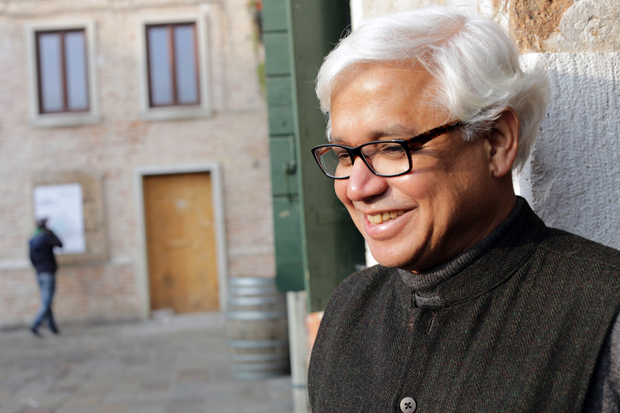
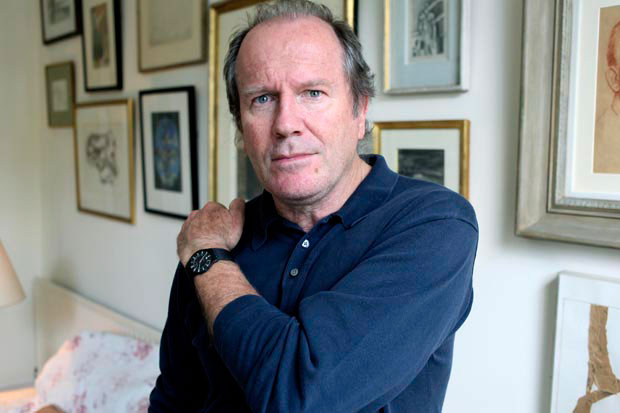
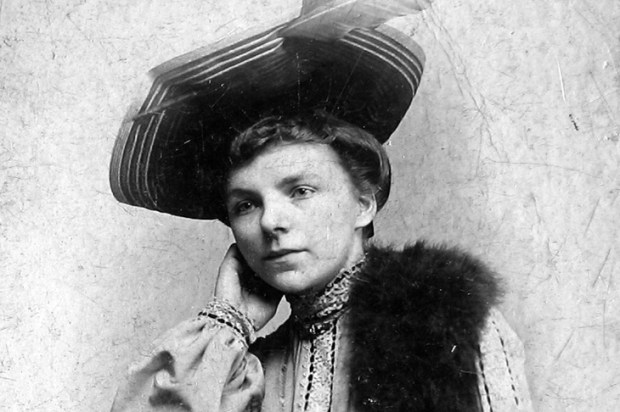
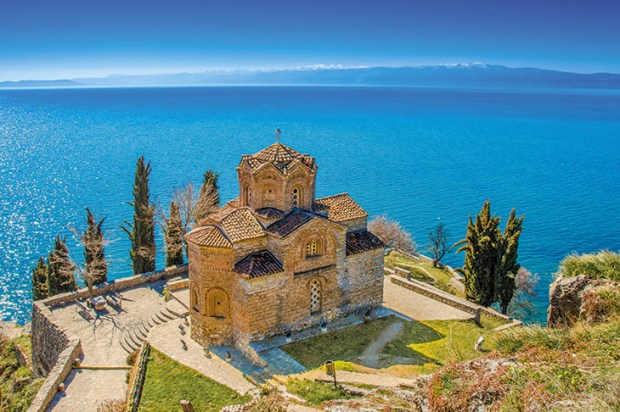

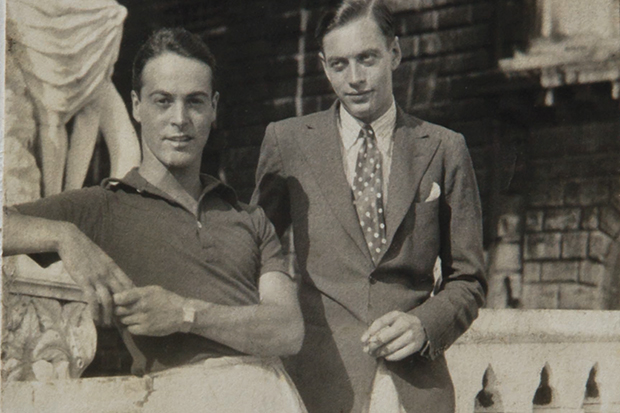
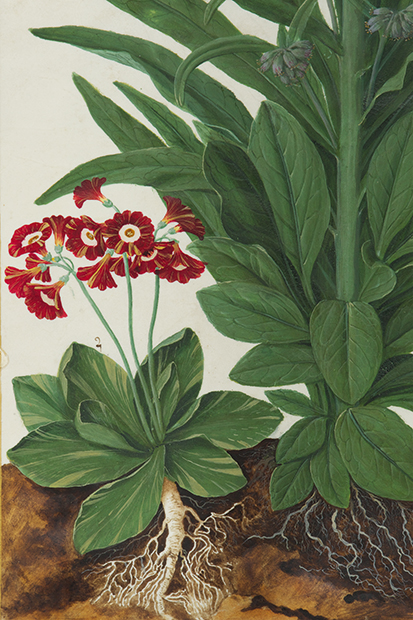






Comments
Don't miss out
Join the conversation with other Spectator Australia readers. Subscribe to leave a comment.
SUBSCRIBEAlready a subscriber? Log in